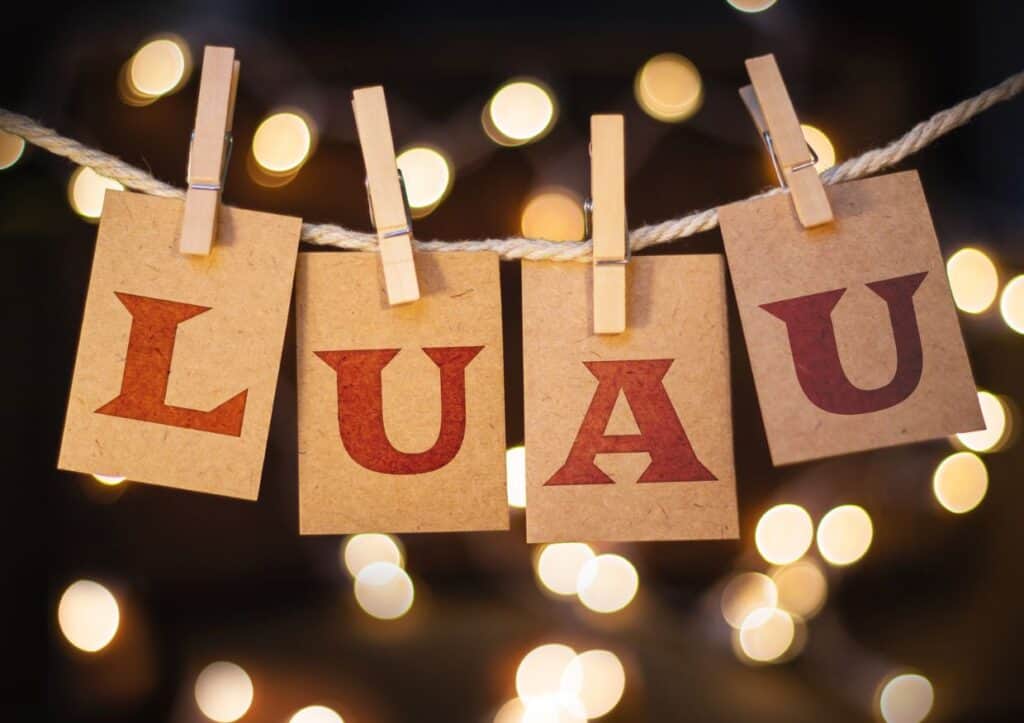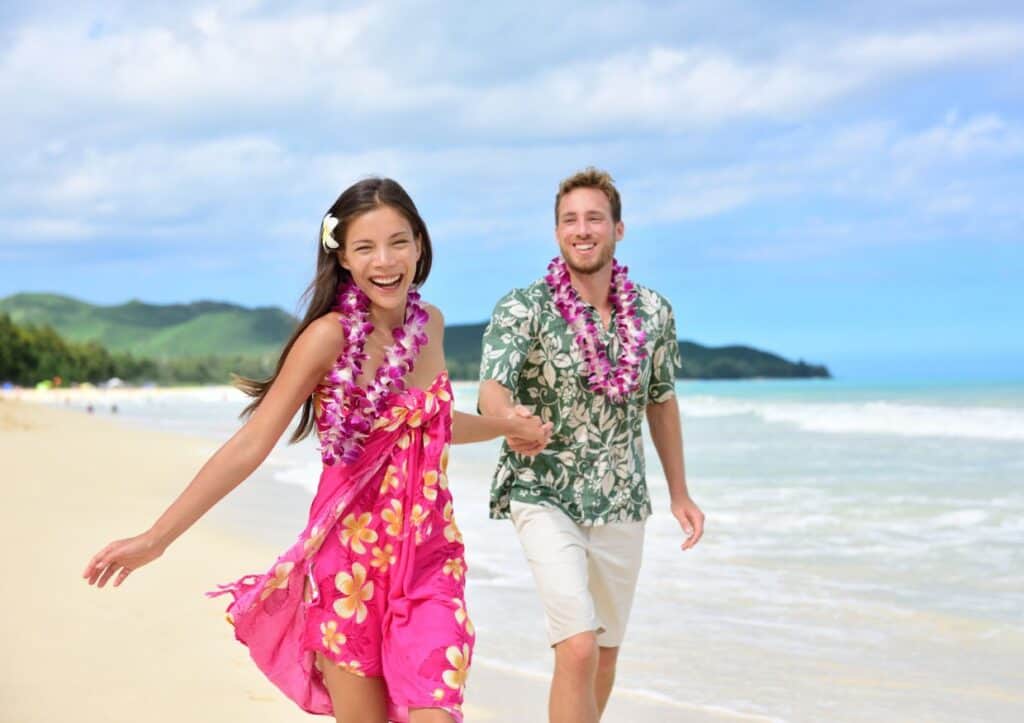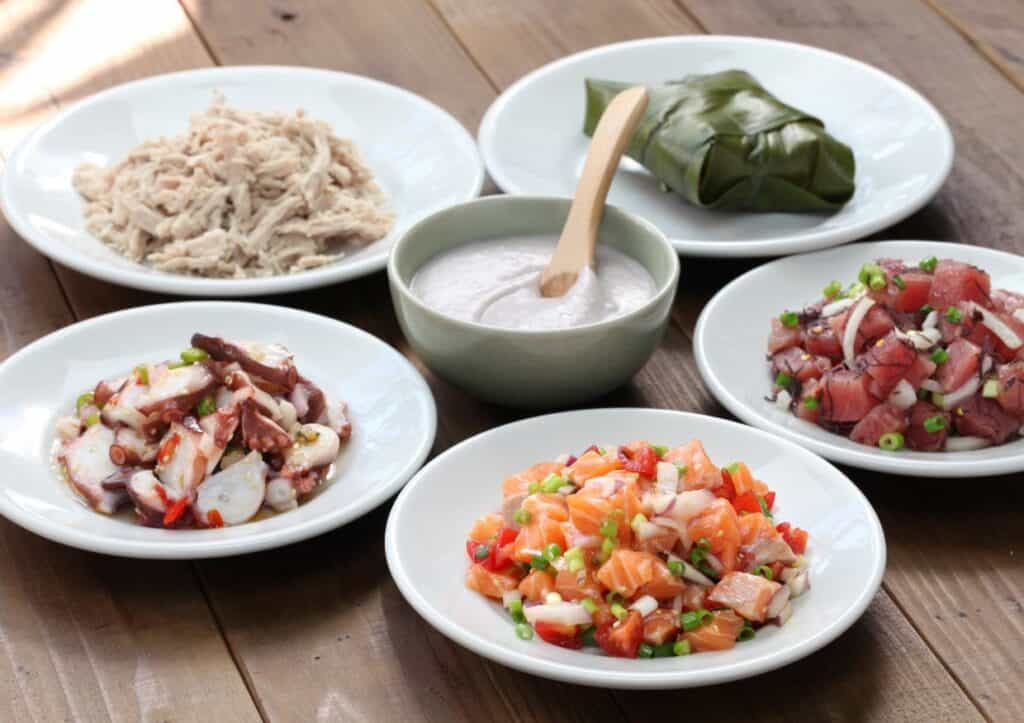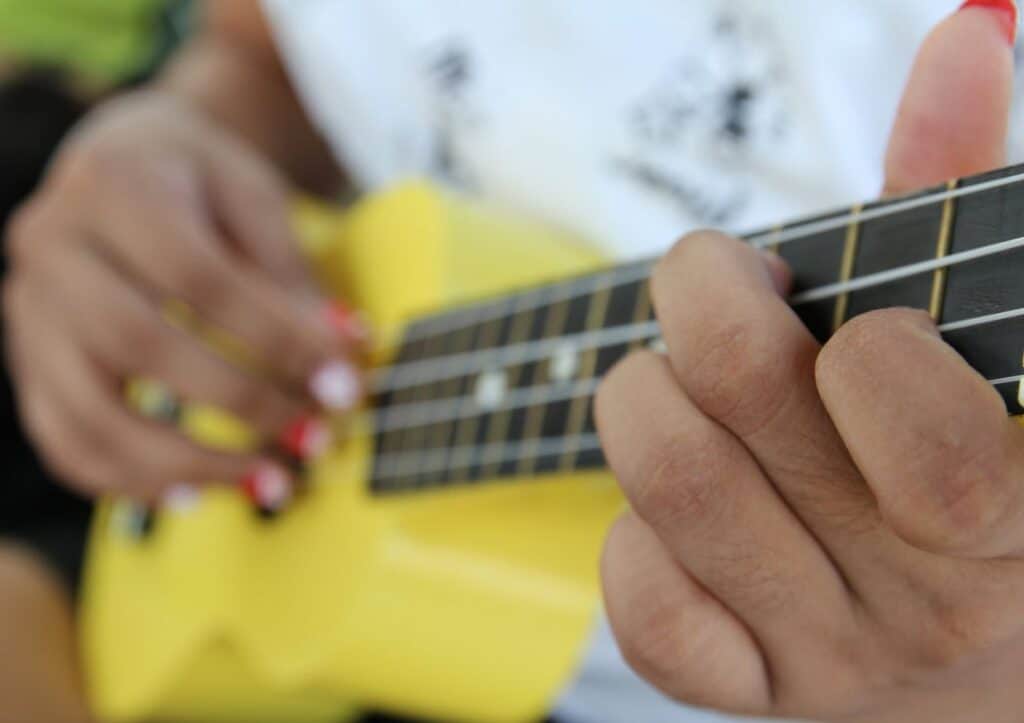Imagine a warm, tropical breeze, the tantalizing aroma of kalua pig roasting over an open fire and the rhythmic sway of hula dancers. Welcome to the Hawaiian luau, a feast for all your senses.

A Hawaiian luau isn’t just an outdoor party on a beautiful tropical island — it’s a vibrant celebration of culture, history and cuisine. Stepping onto the luau grounds, you’ll feel transported into a world of traditional music, dance and culinary delights. It’s an immersive experience combining entertainment, education and indulgence in a uniquely Hawaiian way. Here’s what you should know before attending your first Hawaiian luau to truly appreciate this unique island experience.
Hawaiian luaus
A luau is a traditional Hawaiian feast or party, often accompanied by entertainment. It’s an integral part of the Hawaiian and Polynesian cultures, celebrated with great food, music and dance, and an essential experience for any trip to Hawaii. At its core, a luau is about celebrating life, community and the bounty of the land and sea. Luaus are special occasions locals use to celebrate life’s milestones. Native Hawaiians are excited to share the experience with visitors as an opportunity to immerse themselves in Hawaiian traditions.
“A luau is a rite of passage when you visit Hawaii. There is so much more to do there than just eat, so make sure that you get there on time to explore and have time to eat the buffet prior to the show.”
— Michelle Price, Honest and Truly
The history of the luau
The luau’s history dates back to ancient Hawaii, where it was known as ‘aha’aina, a feast to commemorate significant occasions. The modern luau began in 1819 when King Kamehameha II abolished traditional religious taboos, allowing men and women to eat together. This act symbolized unity and equality, laying the foundation for the inclusive and joyous luaus we experience in Hawaii today.

Outfits appropriate to wear to a Hawaiian luau
If you’re wondering what to wear to a luau, the dress code is casual, emphasizing tropical prints and comfortable attire. Aloha shirts, sundresses and anything that embodies the islands’ spirit are perfect. Men often wear Hawaiian print shirts paired with khaki shorts, while women opt for floral sundresses or sarongs. Remember, a Hawaiian luau is an outdoor event, so dress for the weather and wear shoes suitable for walking on grass.
While selecting your attire is important, another element of luau fashion holds a deeper cultural significance: the lei. This beautifully fragrant wreath is more than a floral accessory. Deeply rooted in Hawaiian culture and tradition, leis symbolize affection and respect given to guests as they arrive at the luau. This tradition, which involves the gentle draping of the lei over the shoulders, accompanied by a kiss on the cheek, is a warm Hawaiian welcome that embodies the spirit of aloha.
Seating at a Hawaiian luau
After receiving your lei and embracing this warm aloha symbol, you must consider where to sit. Seating at a luau can vary from communal seating at tables and chairs that encourage mingling and interaction among guests to traditional seating on mats on the ground. Some luaus offer VIP or premium seating options with better views of the stage, but it often depends on the venue and the luau experience it offers. While mat seating provides a more authentic experience, consider your comfort, as you’ll be sitting for an extended period. If you opt for mat seating, removing your shoes is customary as a sign of respect.
Traditional foods served at a Hawaiian luau
Once you find your seat, the array of traditional Hawaiian foods will tantalize your senses. Hawaiian luau food is a buffet-style feast that showcases a variety of traditional Hawaiian foods. Each dish celebrates Hawaii’s culinary heritage, from savory meats to unique local flavors.

Kalua pig
The centerpiece of any luau is the kalua pig, a traditional roast pig cooked in an underground oven known as an imu. This unique cooking method infuses the pork with a rich, smoky flavor and renders it so tender it practically melts in your mouth. As attendants ceremoniously unearth the pig, its aromatic presence transforms into a spectacle and a delicacy, symbolizing the heart of the luau feast.
Poi
This velvety staple of Hawaiian cuisine is made from pounded taro leaves mixed with creamy coconut milk. Its unique texture — smooth and slightly sticky — and its subtly sweet and sour flavor profile make it a fascinating culinary experience for many visitors. Poi is traditionally enjoyed with the fingers, adding a playful and authentic touch to your luau dining experience.
Poke
Poke, a beloved dish at luaus, features freshly diced raw fish, typically tuna, marinated in a savory blend of soy sauce, green onions and sesame oil. This dish celebrates Hawaii’s ocean bounty, offering a refreshing and zesty flavor that dances on the palate, perfectly capturing the essence of island cuisine.
Lomi lomi salmon
Lomi lomi salmon, a light and invigorating dish, melds salted salmon with the crisp freshness of tomatoes, onions and green onions. Its vibrant colors and tangy taste provide a refreshing counterpoint to the luau’s more decadent offerings, embodying the tropical zest of Hawaiian gastronomy.
Huli huli chicken
Huli huli chicken, a crowd favorite, is marinated in an exotic blend of soy sauce, brown sugar, fresh ginger and island spices, then grilled to a perfect char. Each bite offers a harmonious balance of sweet and savory flavors, complemented by a tantalizing aroma that wafts through the luau, enticing your taste buds.
Sweet bread rolls
To round off the feast, sweet bread rolls are served, their fluffy texture and subtle sweetness offering a comforting finale to the diverse and vibrant flavors of the luau meal. Lightly kissed with sweetness, these rolls are the perfect accompaniment to the feast’s rich and savory dishes.

Activities at a Hawaiian luau
Before the main event begins, guests can engage in a variety of pre-luau activities. These often include beachfront photo opportunities against the stunning backdrop of the Hawaiian sunset, demonstrations of Hawaiian crafts, lei-making sessions where you can create your own floral lei and hula lessons that offer a fun and interactive way to learn this traditional dance. As the evening progresses, the luau transforms into a cultural performance showcase. These activities not only entertain but also provide deeper insight into Hawaiian culture, myths and legends.
The importance of music in luau celebrations
Music is the heartbeat of a luau, setting the tone and atmosphere of the celebration. Traditional Hawaiian music creates a soothing and joyful ambiance with its melodious ukulele and gentle slack-key guitar. The musicians often share stories behind the songs, adding a layer of cultural significance to the performance. Whether a lively tune encouraging guests to dance or a soft ballad recounting a Hawaiian legend, this music is an integral part of the luau experience, creating a soundtrack that stays with you long after the night ends.
The art of hula and its role in a luau
Hula is more than just a dance; it’s a powerful form of storytelling and a sacred tradition in Hawaiian culture. Each movement and gesture in hula has a specific meaning, often telling stories of Hawaiian gods, legends and historical events. At a luau, the hula is not just entertainment; it’s a way for Hawaiians to connect with their ancestors and pass on their stories and traditions. Watching the hula, with its graceful movements and expressive storytelling, is a deeply moving experience connecting you to the heart of Hawaiian culture.
Embracing the spirit of the luau
As the sun sets on your luau experience, you’ll take more than just memories of good food and entertainment with you. Through this cultural experience, you’ll have a deeper appreciation for Hawaiian culture, a sense of connection to the land, aloha aina and the aloha spirit that makes Hawaii truly unique.
Sage Scott was bitten by the travel bug as a preschooler when her family moved abroad for the first time. Now settled in America’s Heartland, Sage is a travel writer, world wanderer and photographer whose favorite color is golden hour.